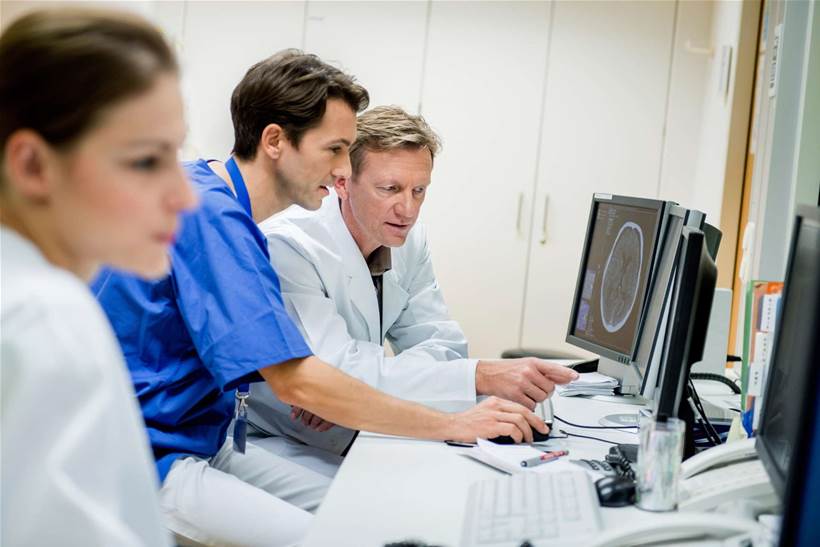Telstra has struck a landmark deal with the Department of Health to build and run a $178 million national cancer screening register.
The telco’s Telstra Health business unit will oversee the register, which is the result of a Budget 2015-16 measure by the former Abbott-led Coalition government.
The new national register is expected to be operational from May 1, 2017. Telstra’s contact is for five years.
It is designed to provide a “single view” for the 11 million-plus Australians screened for one or more types of cancer.
Existing registers for bowel and cervical cancer screening will be uplifted and folded into the new national register.
“Currently there are eight separate state and territory cervical screening registers and an outdated, paper-based, bowel screening register which has created a fragmented system,” Health Minister Sussan Ley said last year.
“It can be difficult to keep track of your screening requirements, which is why we are investing in the creation of a single national screening register for cancers to ensure all Australians can remain up to date.”
“Cancer screening saves lives but it can be hard for people to remember when their screens are due, meaning they often don’t start or keep up with regular screening,” Telstra’s group executive for international and new businesses Cynthia Whelan said.
“The register will overcome the dislocation or duplication of information that can arise when people switch medical providers or move between states.
“This is when people are at risk of slipping between the gaps.”
Whelan said that Telstra will deliver an “end-to-end solution that integrates cancer screening records held by the Australian and State and Territory governments, by general practices, pathology providers and other private and public health providers.”
“We will also provide a contact centre to assist medical practitioners and patients and a mail house to manage invitations for people to undertake screening,” she said.
Whelan said that “people will be able to access their records online and with patient consent general practitioners and medical specialists will have access to patient data and records from any state or territory from their clinical desktops.”
The new national register will support existing bowel and cervical cancer screening programs, and “provide a template for any future national population screening tests”.
The register will require Telstra to link into other government agencies and e-health systems “such as My Health Record and Medicare, and private health providers.”
Privacy concerns
Whelan noted the contract’s significance in the establishment of the Telstra Health business, which has grown in past years via several acquisitions, and has now won the right to handle a subset of people’s medical data.
However, the deal has led to privacy concerns being raised about outsourcing the management of patient data.
A Department of Health spokesperson move to reassure concerned parties by saying that "the data included in the register will continue to be owned by the Commonwealth (Health Department) and cannot be used for any other purpose."
"Any misuse of data could be an offence under the Criminal Code," the spokesperson said.
"All data are subject to privacy laws such that only personal information that is directly related to the register may be collected, used and disclosed."
The Department spokesperson also said the core software used to underpin the register "is already in use in Australian clinical settings and has built-in provisions to protect and hold patient and clinical information securely.
"All data will be stored in Australia in secure data storage facilities," the spokesperson said.
Whelan said that Telstra would work alongside stakeholders “including all Australians, health providers, and the Australian, state and territory governments and registers” as it works to stand up the new national register.
“Each of these groups will be critical partners as we transition,” Whelan said.
“Health providers will help ensure the new systems will work for them and their patients, while the managers of the existing registers will bring considerable expertise and experience to the partnership.”









